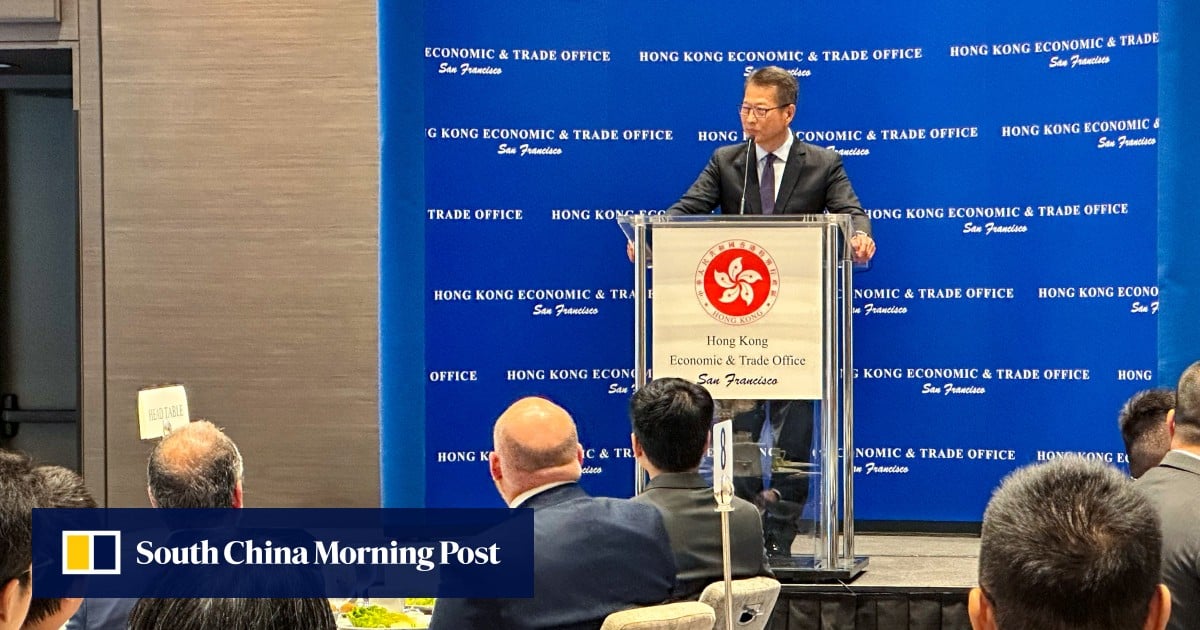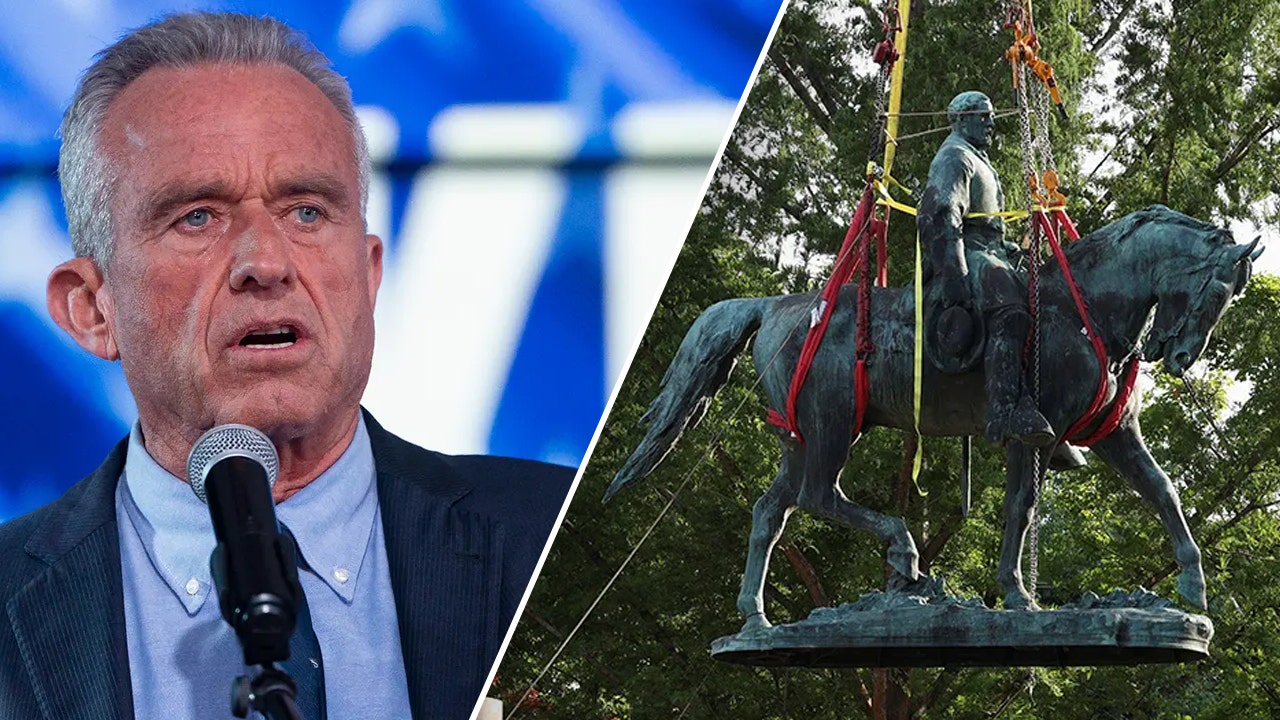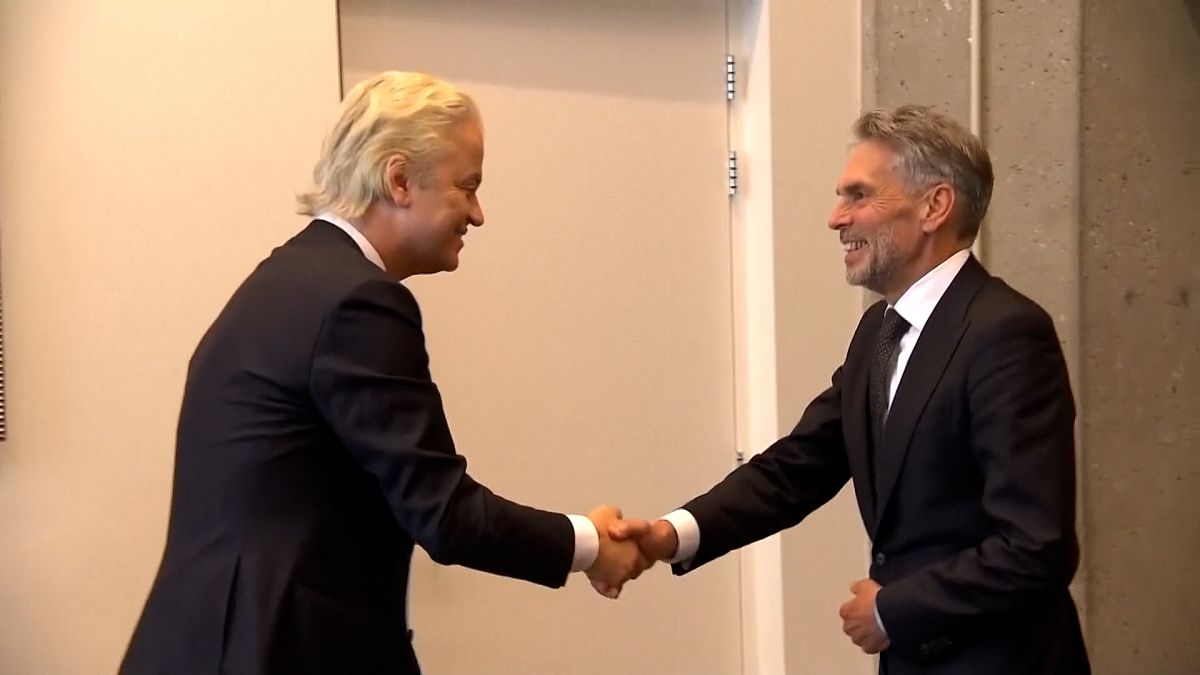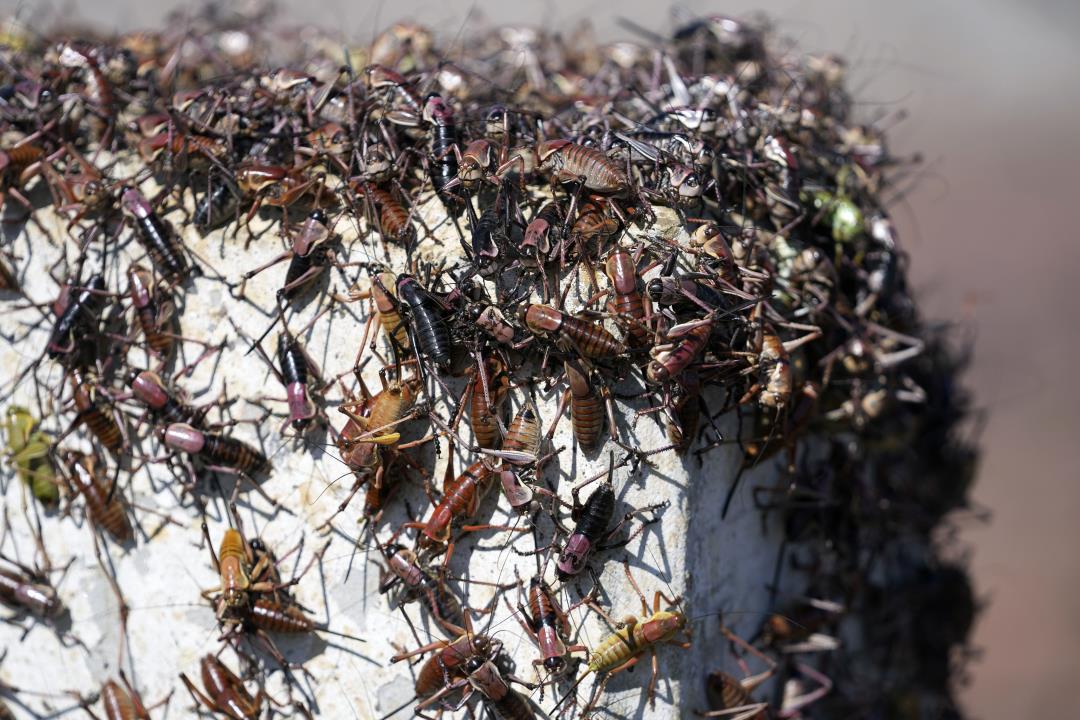Boston, MA
Still a free agent, Blake Griffin talks up Celtics experience: ‘Boston is unbelievable’


Boston, MA
Joseph Slavet, ‘fearless’ and thoughtful watchdog of Boston government, dies at 104 – The Boston Globe

In that era, “Boston politics was a struggle for the spoils of government between the Irish and the Boston Brahmins,” said former US representative Chester G. Atkins. “Joe was a significant part of moving politics beyond that to something that was professionalized, that was governed by rules and fairness, and on delivering services to everybody, not just to certain ethnic groups.”
Mr. Slavet, who also had been the first leader of the anti-poverty agency Action for Boston Community Development, was 104 when he died May 4 in NewBridge on the Charles in Dedham, where he had been living.
As a key Boston official from the late-1940s into the 1960s, Mr. Slavet was “in a lot of ways the last living link to the transition of Boston from James Michael Curley to Hynes” and beyond, said Atkins, who before Congress had served in the Massachusetts House and Senate.
“Joe was in the scrum for a long time and was always respected as being thoughtful,” said Larry DiCara, a former Boston city councilor.
“Looking back, he was fearless, even when he was on a public payroll,” DiCara said. “He let it be known when he thought something was right or something was wrong. Some might have thought of him as a bit of a scold.”
In June 1960, amid what Mr. Slavet called the “frustrating and bitter experiences with the multimillion-dollar Prudential Center and Government Center projects,” he published a detailed and concise essay in The Boston Globe, breaking down why construction was lagging.
“Many of the crises, snarls, and wrangles which have beset the two projects can be attributed to planning pitfalls,” he wrote, detailing everything from an inhospitable tax climate to “the absence of a single city agency staffed by experience professionals to pull all the pieces together, to harmonize conflicting viewpoints, and to keep things moving.”
After his leadership roles with the Boston Municipal Research Bureau and ABCD, Mr. Slavet moved into academia, first at Boston University, where he held a leadership role with the urban affairs department, and then at the University of Massachusetts Boston, where he was a senior fellow at the McCormack Institute.
“He transitioned from a player in government and quasi-government entities to being an academic and was a pioneer in the early academic programs that looked at urban crises,” Atkins said.
In those university roles, “Joe was one of the earliest, and perhaps the earliest and most comprehensive thinker, about what we call today workforce housing,” Atkins said. “A lot of his work on housing is as relevant today as when he wrote it in the ‘70s and ‘80s.”
Born in Boston on March 31, 1920, Joseph S. Slavet was a son of American-born Anna Adelman Slavet, and Dan Slavet.
In a 2007 interview for the Veterans History Project that is in the Library of Congress, Mr. Slavet said his father was born in an area that was then part of Russia, and had arrived in the United States as a teenager. Mr. Slavet said his father had been an apprentice plumber who later worked in a plumbing and hardware supply business.
The older of two brothers, Mr. Slavet graduated from English High School and was a professional musician by his teen years.
“By 15, I was in a jazz band that played in ballrooms throughout New England,” he said in the Veterans History Project oral history.
He said he used his saxophonist income from those regional gigs to pay his way through Boston University, after turning down an offer to join a nationally touring band that would have paid the equivalent of about $3,000 a week in today’s dollars.
While a BU student, he learned that Japan had attacked Pearl Harbor on Dec. 7, 1941. “When I heard that, I turned to my mother and I told her that I think my life has taken another turn,” he recalled.
Serving in the Army, he landed in Normandy, France, seven days into the D-Day invasion. A gunnery officer, he was in charge of 40mm anti-aircraft weapons.
His unit was in Belgium during the Battle of the Bulge. A few months later, the unit discovered a mass grave near a concentration camp.
“This was my first personal experience of what Hitler had done to the Jews,” he said in the oral history.
“Our officers were so enraged,” he recalled, and his unit insisted that because of their complicity with the Nazis, residents of the nearby village should remove the remains of those in the mass grave and give them all proper burials. Among those in the village there was “a lot of handwringing and denying and crying,” he said.
Back home after the war, Mr. Slavet resumed his education. Having graduated with a bachelor’s degree in history from Boston University, he received a master’s in history from BU and a master’s in public administration from Syracuse University.
He also met Muriel Vigor at a dance. They married in 1947 and raised their family in West Roxbury. Mrs. Slavet died in 2011, and Mr. Slavet had lived in the Orchard Cove retirement community in Canton before moving to NewBridge on the Charles.
Staying involved in public policy research long after his colleagues had retired, Mr. Slavet “didn’t stop working,” said his daughter Beth of Washington, D.C. “He always said he did some of his best work in his 80s.”
Mr. Slavet “was generally regarded as the straightest of straight arrows,” DiCara said.
A service has been held for Mr. Slavet, who in addition to Beth leaves two other daughters, Amy Glaser of Easton and Julie of Philadelphia; four grandchildren; seven great-grandchildren.
Mr. Slavet spoke only Yiddish when he started school as a boy, and he delivered his Bar Mitzvah speech in Yiddish. Just before turning 104, he attended his great-grandson’s bris “and he spoke so eloquently there,” Beth said. “He had an incredible life.”
Through his work in public service and academia, Mr. Slavet had a career “that spanned the significant transition of Boston from a city in decline to a city that once again became a city on a hill, and he was a pioneer in the marriage of higher education and municipal policy,” Atkins said.
“To the very end Joe was calling balls and strikes, commenting on politics, calling people out who were self-serving, and praising people who were acting in the public interest.”
Bryan Marquard can be reached at bryan.marquard@globe.com.
Boston, MA
Three things you might have missed from Celtics-Pacers Game 4

The Boston Celtics beat the Indiana Pacers on Monday night, punching their ticket to the 2024 NBA Finals. Jaylen Brown took home the Eastern Conference Finals MVP as Boston clinched their second Finals appearance in three seasons.
Here are three things you might have missed from the game.
1. Jrue Holiday’s Michael Jordan shrug
Back-to-back. The two-time. Ol’ Reliable.
Just one game after his and-one, big-bodied bucket in the paint to help the Celtics take a 3-0 series lead, Jrue Holiday pulled out the same exact move at a crucial moment in Game 4.
Boston was trying to claw their way back into the game, and Holiday drove inside, got Obi Toppin in the air with a pump-fake, nailed the and-1, and hit Indiana with a Michael Jordan shrug.
Pascal Siakam didn’t necessarily bite on a pump-fake in Game 3, but the play was the same. Holiday came through when the Celtics needed him most.
2. TJ McConnell is Michael Jordan
After Game 3, Jaylen Brown said that some players on the Pacers “turned into f****** Michael Jordan.”
After Game 4, he revealed that he was talking about one player: TJ McConnell.
“I was just going for the ball,” Brown said, detailing the play where he sent McConnell crashing to the ground. “The game is so fast. [I was] just trying to make a play on the ball, and I think I got him in the face a little bit. And you know, TJ’s my guy. I’ve got nothing but respect for TJ McConnell. We talked throughout the year. We talked even before this series.
“Man, TJ’s a dog. When I said that some of those guys turned into Michael Jordan, TJ McConnell is who I was talking about, man. He was like one of the more unstoppable players on that team. So, I didn’t mean no harm. I got him in the face a little bit, but rub some dirt on it, and hopefully it’ll be alright.”
We sprinted around the halls trying to find the elevator to go to the court and came across so many Celtics fans wandering the halls (and a few Pacers fans chanting ‘Go Mavs’) pic.twitter.com/vR9zpuiTSs
— Noa Dalzell (@NoaDalzellNBA) May 28, 2024
3. Celtics fans in Indy
When the Celtics were receiving the trophies post-game, Gainbridge Fieldhouse was packed. Packed with green.
Boston fans completely dominated the stands as Boston celebrated their win, and “Let’s go, Celtics” chants broke out, ringing through the entire arena. And they were loud. Deafeningly loud.
The energy was incredible. Celtics fans travel well.
Boston, MA
Hozier addresses world politics at Boston Calling performance

At Hozier’s performance on day three of Boston Calling, he didn’t shy away from world politics, touching on the importance of topics such as LGBTQIA+ rights, the women’s suffrage movement and apartheid in South Africa. He also made vague mentions to the Israel-Hamas war.
During his over-five-minute monologue, he talked about the importance of people showing up for one another, the legacy of protest and the revolution of love and kindness.
Prior to the monologue, Hozier had several other moments with fans including warming up their vocals and teasing one man in the crowd with a t-shirt cannon, saying “It’s like this man has torn a limb off Jack the Pumpkin King” and comparing it to “the world’s longest rainstick.”
Being in Boston, he connected his speech to the Boston Tea Party and the American Revolution, talking about the importance of the movements.
The Boston Tea Party, which happened Dec. 16, 1773, is one of the nation’s most well-known events and propelled the country down the road to revolution.
His speech stressed the importance of kindness to one another.
“I just think these small acts of kindness, these small acts of love and solidarity, I genuinely think they hold the world together — in no sort of lofty, no sort of highfalutin, no sort of high concept way. I genuinely think it holds the world together. The small ways that we show up every single day and the way that we witness in our mess, in our best mates and in our friends, and we see it in our parents,” Hozier said.
- Read more: Shoved, body slammed: Some Boston Calling attendees called Day 3 unsafe
Hozier also vaguely touched upon the Israel-Hamas war.
“We wouldn’t want our neighbors to live with racism or the fear of hatred around the corner. We wouldn’t want them. We wouldn’t want better for them. We wouldn’t want them to live with Islamophobia. We wouldn’t want them to have to face antisemitism. And I believe the core of people on the whole is good. I genuinely do,” Hozier said.
Hozier continued, adding that people “wouldn’t want to see the enabling of war going on” or the “kind of violence that we’re seeing on our TV screens,” but rather safety and security for everyone and Palestine freed from violence.
On Oct. 7, Hamas militants killed about 1,200 people, most of them civilians, and took roughly 250 hostages. Israel, vowing to stamp out Hamas, attacked Gaza, leading to tens of thousands of deaths, many of them civilians. Estimates vary on the exact number of Palestinian deaths, and the United Nations Office for the Coordination of Humanitarian Affairs puts it at about 36,000 as of May. An additional 81,000 Palestinians have been reported injured, the United Nations reports.
Protests and encampments related to the Israel-Hamas war have played out on campuses across the country, and Massachusetts is no exception. Many of the student actions have resulted in suspensions and in some cases arrests.
At the end of his performance, Hozier brought out a LGBTQIA+ flag and threw his fist up in the air.
While Hozier was preaching about kindness, concert-goers said they felt unsafe due to the amount of people at the festival.
“There was just nowhere to go. So everyone was just kind of being like moved in a wave. And all I could think was, if God forbid there was some kind of panic that we were going to get trampled,” concert-goer Samantha Baron said.
-

 Movie Reviews1 week ago
Movie Reviews1 week ago‘The Substance’ Review: An Excellent Demi Moore Helps Sustain Coralie Fargeat’s Stylish but Redundant Body Horror
-

 Movie Reviews1 week ago
Movie Reviews1 week ago‘Rumours’ Review: Cate Blanchett and Alicia Vikander Play Clueless World Leaders in Guy Maddin’s Very Funny, Truly Silly Dark Comedy
-

 Culture1 week ago
Culture1 week agoFrom Dairy Daddies to Trash Pandas: How branding creates fans for lower-league baseball teams
-

 News1 week ago
News1 week agoVideo: A Student Protester Facing Disciplinary Action Has ‘No Regrets’
-

 Movie Reviews1 week ago
Movie Reviews1 week ago‘Blue Sun Palace’ Review: An Intimate, Affecting and Dogma-Free Portrait of Chinese Immigrants in Working-Class New York
-

 World1 week ago
World1 week agoPanic in Bishkek: Why were Pakistani students attacked in Kyrgyzstan?
-

 Politics1 week ago
Politics1 week agoAnti-Israel agitators interrupt Blinken Senate testimony, hauled out by Capitol police
-

 Politics7 days ago
Politics7 days agoMichael Cohen swore he had nothing derogatory on Trump, his ex-lawyer says – another lie – as testimony ends





















